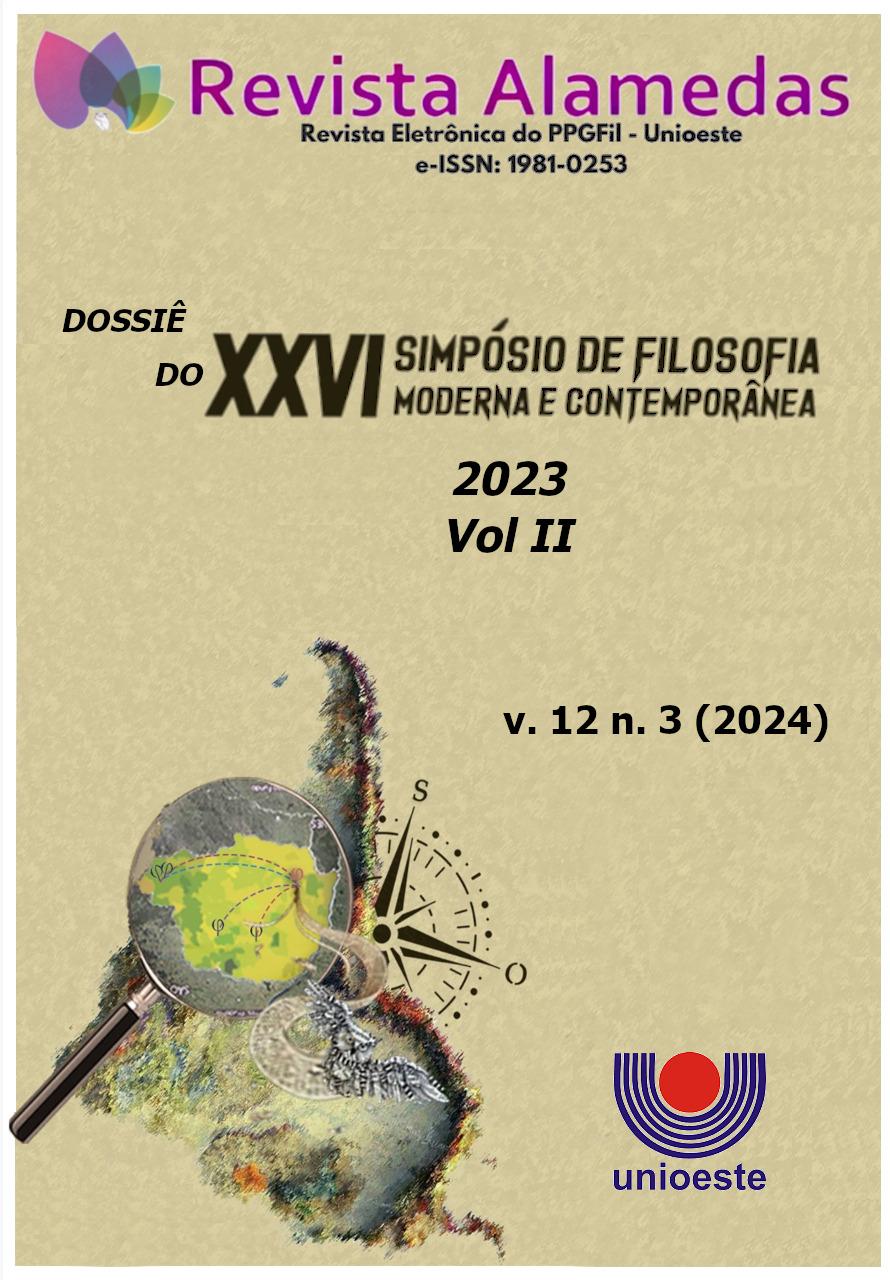A importância das humanidades na formação do cidadão
DOI:
https://doi.org/10.48075/ra.v12i3.33204Palavras-chave:
Humanidades, cidadania, democraciaResumo
A democracia precisa das humanidades, sobretudo da filosofia e suas disposições, porque através desta o ser humano desenvolve suas habilidades de raciocinar, para melhor julgar e escolher, então ter um raciocínio crítico, uma argumentação consistente; cultivar a empatia; a compassividade, tornam-se valores que devem ser compactuados para quem busca uma vida com sentido. Nussbaum(2012) elenca três habilidades para o cultivo da humanidade: 1) a educação socrática que traz consigo a importância da “vida examinada” e que se traduz em refletir criticamente sobre si mesmo e suas próprias crenças; 2) ser cidadão do mundo, ou seja, o reconhecimento do outro como ser humano; daquele que é diferente de nós, dando o necessário respaldo à vida humana; 3) a imaginação narrativa que é a capacidade de se colocar no lugar no outro; experienciando emoções, vontades e anseios alheios. Diante deste contexto, aponta-se a pergunta que orienta a presente pesquisa, a saber: de que forma o estudo das humanidades interfere na construção da democracia? O objetivo que norteia este trabalho refere-se a identificar\analisar a importância do ensino das humanidades no processo da formação do cidadão, cuja relevância interfere na democracia. Adota-se metodologia bibliográfica e empírica na investigação do tema proposto, com o objetivo de ressaltar a importância das humanidades nos currículos do ensino médio ou das universidades, a fim de manter a democracia viva; saudável.
Downloads
Publicado
Como Citar
Edição
Seção
Licença
Copyright (c) 2024 Alamedas

Este trabalho está licenciado sob uma licença Creative Commons Attribution-NonCommercial-ShareAlike 4.0 International License.
Aviso de Direito Autoral Creative Commons
Política para Periódicos de Acesso Livre
Autores que publicam nesta revista concordam com os seguintes termos:
1. Autores mantém os direitos autorais e concedem à revista o direito de primeira publicação, com o trabalho simultaneamente licenciado sob a Licença Creative Commons Attribution que permite o compartilhamento do trabalho com reconhecimento da autoria e publicação inicial nesta revista.2. Autores têm autorização para assumir contratos adicionais separadamente, para distribuição não-exclusiva da versão do trabalho publicada nesta revista (ex.: publicar em repositório institucional ou como capítulo de livro), com reconhecimento de autoria e publicação inicial nesta revista.
3. Autores têm permissão e são estimulados a publicar e distribuir seu trabalho online (ex.: em repositórios institucionais ou na sua página pessoal) a qualquer ponto antes ou durante o processo editorial, já que isso pode gerar alterações produtivas, bem como aumentar o impacto e a citação do trabalho publicado (Veja O Efeito do Acesso Livre).
Licença Creative Commons
Esta obra está licenciada com uma Licença Creative Commons Atribuição-NãoComercial-CompartilhaIgual 4.0 Internacional, o que permite compartilhar, copiar, distribuir, exibir, reproduzir, a totalidade ou partes desde que não tenha objetivo comercial e sejam citados os autores e a fonte.


